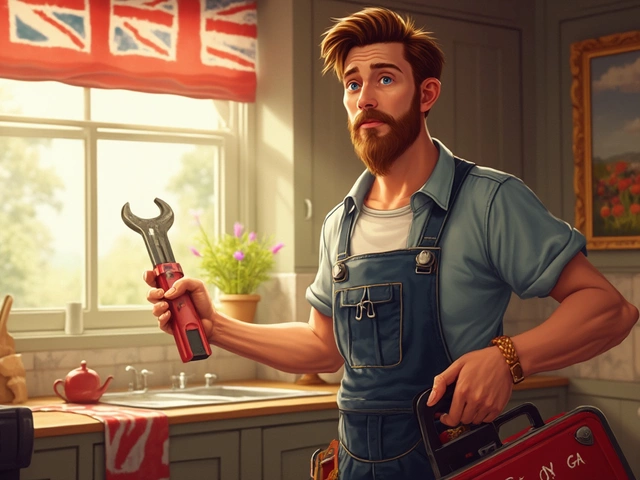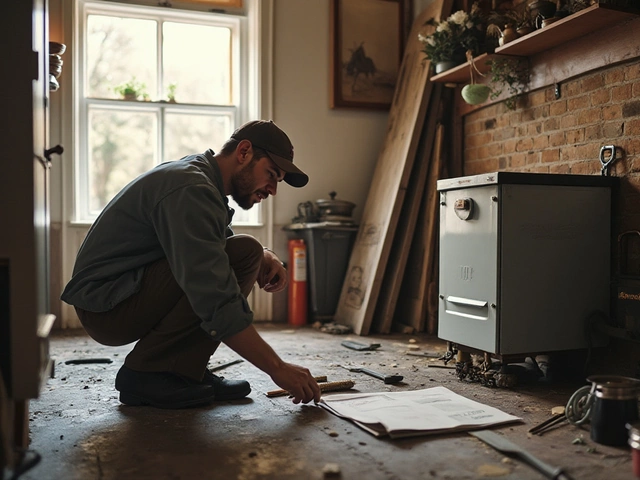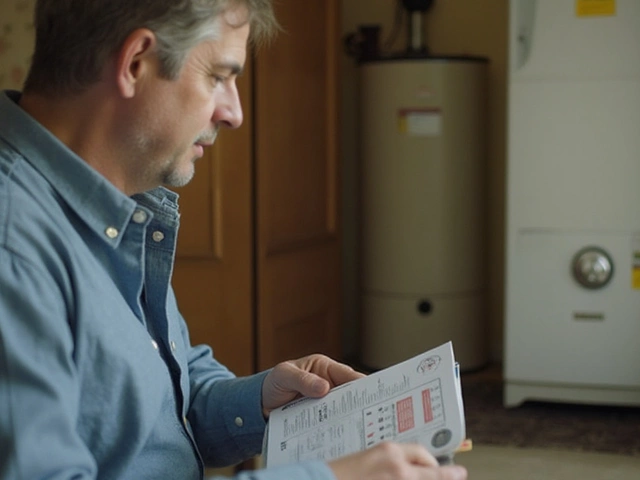Appliance Reliability: Simple Ways to Make Your Gear Last
Ever wonder why some appliances seem to work forever while others give up after a year? It’s not magic – it’s how you treat them and how often you check them. On this page you’ll find quick, practical advice that helps you get more life out of ovens, fridges, boilers, washing machines, and the rest of the kit you rely on every day.
Why Reliability Matters
When an appliance breaks, you lose time, money, and probably a good meal or a comfortable shower. A reliable appliance saves you those headaches and cuts down on emergency calls. Reliability also means lower energy use – a well‑maintained fridge uses less power than a struggling one, and a clean boiler heats your home more efficiently. That’s good for your wallet and the planet.
Most of the posts under the appliance reliability tag talk about the same core ideas: know the average lifespan of the device, spot early warning signs, and perform regular maintenance. For example, a typical electric oven can run 10‑15 years if you clean the heating elements and keep the door seal tight. A fridge usually lasts around 12 years, but a dirty condenser coil can cut that in half.
Tips to Keep Your Appliances Running
1. Schedule a quick check‑up each season. Open the back of your fridge, wipe the coils, and vacuum any dust. Run the oven on a low heat for 15 minutes to burn off residue. Do the same with your washing machine – run an empty hot cycle with a cup of vinegar to clear soap scum.
2. Listen for odd noises. A humming boiler that starts rattling often means a loose fan or a failing pump. Those sounds are easier (and cheaper) to fix before a total breakdown.
3. Watch the performance. If your dishwasher leaves dishes wet, the spray arm might be clogged. If the heat pump blows cold air, check the filter and thermostat settings first.
4. Keep the surrounding area clean. Dust and grease can jam moving parts. A clean kitchen extractor fan not only lasts longer but also prevents mold and unpleasant smells.
5. Know when to call a pro. Some fixes, like rewiring an electric oven or repairing a gas boiler, need a qualified technician. Trying DIY on these can be dangerous and may void warranties.
These simple habits cost a few minutes each month but can add years to your appliances. The posts linked on this tag go deeper – from exact repair costs for a glass hob to how to tell if a boiler is on its last leg. Use them as a reference when you need specifics.
Bottom line: reliability isn’t about buying the most expensive gear; it’s about treating what you have right. Keep an eye on age, do basic cleaning, listen for clues, and don’t hesitate to get professional help for the big stuff. Follow these steps and you’ll notice fewer surprise breakdowns and lower energy bills.






